Withdrawing of the mind-patanjali yoga sutra
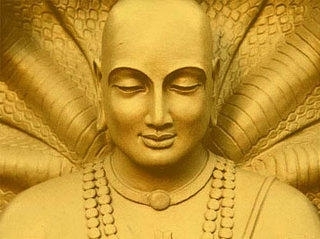
Withdrawing of the mind 2.54. Svavisayasamprayoge chittasvarupanukara indriyanam pratyaharah| Sva-ones own Visaya-object Asamprayoge-not coming into contact Chitta-mind Svarupa-own form Anukara-imitating Iva-as if Indriyanam-of the senses Pratyaharah-withdrawal Pratyahara means, the imitation by the senses of the mind by withdrawing them from their respective sense objects.
Why should one pursue discipline for Yoga Practice-pys
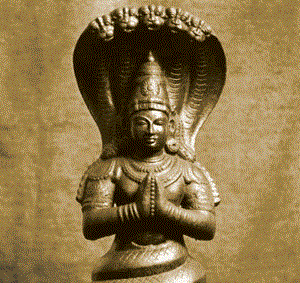
Why should one pursue discipline for Yoga Practice 2.2. Samadhibhavanarthah klesatanukaranarthasca| Samadhi-superconsciousness Bhavanarthah-for developing the state of Klesa-cause of afflictions Tanu-thin Karanartha- for making Cha-and For growing the consciousness of samadhi and for the aim of thinning out the cause of afflictions, so that kriya yoga practised.
What is pranayama? – patanjali yoga sutra
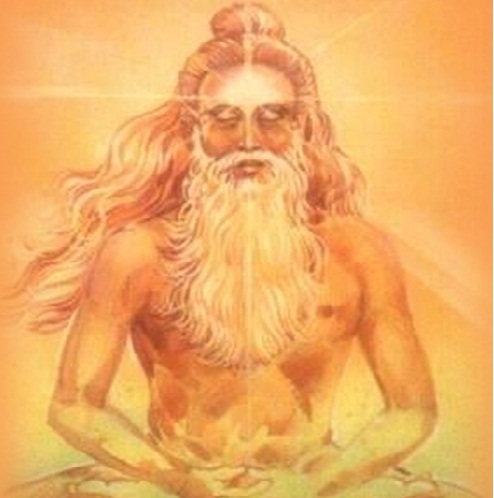
What is pranayama? 2.49. Tasmin sati svasaprasvasayorgativichchhedah pranayamah| Tasmin-on that Sati-having been Svasaprasvasayah-inhalation, exhalation Gati-movement Vichchhedah-break, cessation Pranayamah-pranayama After the asana practice done, pranayama is the stopping of the movement of incoming and outcomng breath.
Types of Pranayama-patanjali yoga sutra
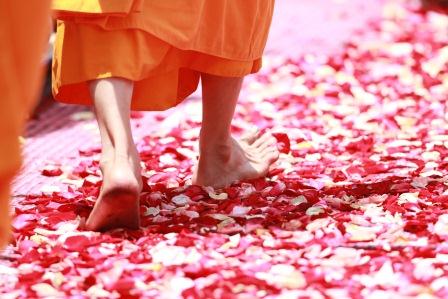
Types of Pranayama 2.50. Bahyabhyantarastambhavrttih desakalasankhyabhih paridrsto dirghasuksmah , Bahyah-outer Abhyantara-internal Stambhavrttih-supperessed stage Desa-place Kala-time Sankhyabhih-number Paridrstah-measured Dirgha-prolonged Suksmah-subtle Pranayama is external, internal or suspended, regulated by place, time and number and becomes prolonged and subtle.
By Meditation Future Pain Avoidable – patanjali yoga sutra

Through Meditation Future Pain can Be Avoidable 11. Dhyanaheyastadvrttayah| Dhyana-meditation Heyah-reducible Tadvrttayah-their modification The modifications of the kleshas are reducible through meditation.
Social-discipline for yoga practice-patanjali yoga sutra
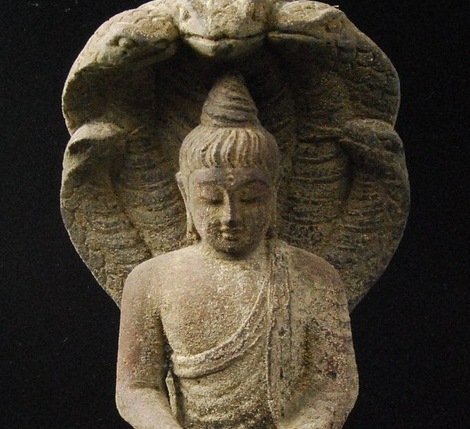
Social-discipline for yoga practice 2.32. Sauchasantosatapahsvadhyayesvarapranidhanani niyamah| Saucha-clenaliness Santosa-contentment Tapah-austerity Svadhyaya-self-study Isvara pranidhanani-resignation to god Niyamah-fixed rules Cleanliness, contentment, austerity, self-study and self-surrender to God constitute social discipline.
Characteristics of mind disturbances- patanjali yoga sutra

Qualities and characteristics of mind disturbances 2.34. Vitarka himsadayah krtakaritanumodita lobhakrodhamohapurvaka mrdumadhyadimatraduhkhajnananantaphala iti pratipaksabhavanam| Vitarka-evil passions Himsadayah-violence and others Krta-done by ones self Karita-done through others Anumodita-approved Lobha-greed Krodha-anger Moha-confusion Purvaka-preceded by mrdu-mild madhya-moderate adhimatra-intense duhkha-pain ajnana-ignorance ananta-infinite phalah-reults iti-like that pratipaksa-opposite bhavanam-thinking Thinking of evil thoughts such as violence, whether done through oneself, through […]
Pranayama for good concentration-patanjali yoga sutra

Pranayama for good concentration 2.53. Dharanasu cha yogyata manasah| Dharanasu-in concentartion Cha-and Yogyata-fitness Manasah-of the mind And mind becomes well qualified for concentration.
Pleasure and pain both are painful – patanjali yoga sutra

Pleasure and pain both are painful indeed 2.15. Parinamatapasamskaraduhkhairgunavrttivirodhacca duhkhamva sarvam vivekinah Parinama-result, consequence Tapa-acute suffering Samskara-impression Duhkhaih-by these three pains Guna-three gunas Vrtti-modification of mind Virodhat-on account of, opposing Cha-and Duhkham-pain Eva-only Sarvam-all Vivekinah-those who have discrimination In the case of one who has discrimintaive knowledge (viveka), all is painful because of pains due […]
Path to remove mind disturbance-patanjali yoga sutra
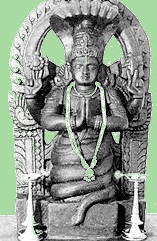
Path to remove mind disturbance 33. Vitarkabadhane pratipaksabhavanam| Vitarka-passions Badhane- on disturbances Pratipaksa-the opposite Bhavanam-pondering over When the mind is disturbed by passions one should practise contemplating over their opposites nature.
